The 2001 Law on Cultural Heritage, amended and supplemented in 2009, after 24 years of implementation, has shown many shortcomings in meeting practical requirements for management. Therefore, the National Assembly passed the Law on Cultural Heritage 45/2025/QH15, effective from July 1, 2025, on the basis of: Perfecting regulations on protecting and promoting the value of cultural heritage; Perfecting regulations on implementing decentralization and delegation of state management of cultural heritage in accordance with reality; Strengthening mechanisms and policies to promote socialization and improve the efficiency of resource mobilization to protect and promote the value of cultural heritage. With the new points, fundamental changes and supplements of the Law on Cultural Heritage 45, it will clear up bottlenecks and mobilize the strength of organizations, individuals and management agencies in the cause of protecting, preserving and promoting the value of heritage.
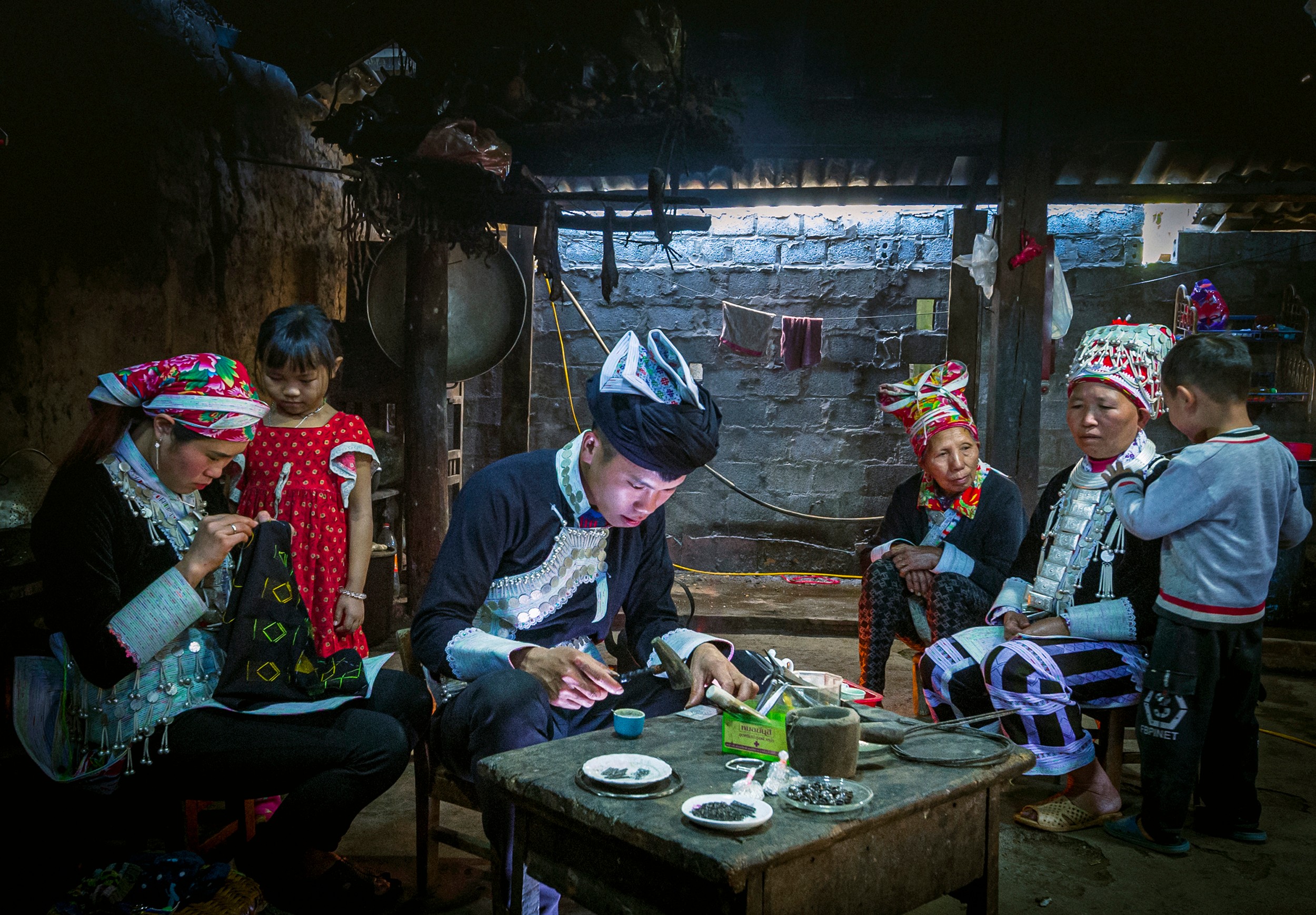
Law on Cultural Heritage 45/2025/QH15, effective from July 1, 2025, completes regulations on protecting and promoting the value of cultural heritage. Photo: Nguyen Manh Cuong (Provincial Museum)
In terms of structure, the Law on Cultural Heritage 45 consists of 9 chapters and 95 articles, an increase of 2 chapters and 22 articles compared to the current Law (7 chapters and 73 articles), institutionalizing the Party and State's guidelines and policies on culture and cultural heritage with more comprehensive new points, creating a fundamental shift in position and strength for the cause of managing, protecting and promoting the value of cultural heritage, in accordance with practical requirements.
The most fundamental breakthrough is the concretization of resources for heritage protection, prioritizing the allocation of the state budget for the management, protection and promotion of cultural values and cultural heritage. The Law devotes chapter 7 with 8 articles to regulating financial resources for the protection and promotion of cultural heritage values from the state budget, socialization and the Cultural Heritage Conservation Fund operating not for profit purposes. The fund is formed on the basis of aid, sponsorship and donations from domestic and foreign organizations and individuals, prioritizing the protection of intangible cultural heritage at risk of fading or being lost... The Chairman of the Provincial People's Committee shall base on the practical situation of the locality, the ability to mobilize social resources and the effectiveness of the fund to decide on its establishment. The Law stipulates that the state budget shall support artisans, subjects of intangible cultural heritage, people directly looking after historical - cultural relics, and individuals who own documentary heritage listed by UNESCO in accordance with the provisions of law. It can be seen that for revolutionary historical relics and relics without revenue sources, supporting the direct caretaker of the relics is an important task, encouraging and motivating people to protect and preserve cultural heritage, avoiding unfortunate encroachment. Regarding the content of budget expenditure for the protection and promotion of the value of this cultural heritage, the law has specifically stipulated the establishment of cultural heritage according to each type of ownership by the whole people, common ownership, private ownership, in which there is a new point that is establishing private ownership for an individual who creates, inherits, holds, practices and transmits the secrets and skills of practicing intangible cultural heritage created, inherited, held, practiced and transmitted by an individual.
The Law on Cultural Heritage No. 45 has completed the prohibited acts to ensure more accuracy and completeness, serving as a basis for guiding the implementation, inspection and handling of violations in the protection and promotion of cultural heritage values. The Law stipulates 13 prohibited acts, of which it completes 5 prohibited acts stipulated in the 2001 Law on Cultural Heritage and stipulates the addition of 7 new prohibited acts. For acts of recognizing and awarding titles related to cultural heritage contrary to the provisions of law; Acts of exploiting cultural heritage and the management, protection and promotion of cultural heritage values, recognizing and registering cultural heritage for profit, worshiping, practicing beliefs and performing other illegal acts; discrimination, cultural prejudice, competition, contradictions, disputes and cultural conflicts; Obstructing the right to cultural creation... are prohibited acts that need to be promoted to raise awareness of organizations and individuals when participating in protecting, exploiting and promoting heritage values.
Regarding the management, protection and promotion of ranked scenic relics, the law also supplements and specifically regulates the determination of specific cases of adjusting the boundaries of protection zones I and II of relics, world heritage areas and buffer zones of world heritage; stipulates the principles and authority to adjust the boundaries of protection zones to ensure feasibility when applied in practice; Specifies the repair, renovation, construction of works and individual houses inside and outside the relic protection zones. These provisions untie and resolve the conflict between preserving the original state and exploiting heritage for development.
In addition, the law adds regulations on policies to protect and promote the value of documentary heritage; policies to support the development of the museum system; Article 77 regulates business activities of services at museums, such as providing documentary information, organizing cultural activities, sports education , technical consulting, antique appraisal, documentation of intangible cultural heritage... providing souvenir services, cultural products of museums and regulations on specialized inspection agencies of cultural heritage.
Law on Cultural Heritage No. 45 also particularly emphasizes and specifically regulates the roles, responsibilities, and powers of agencies, organizations, units, communities, families, clans, legal entities, and individuals regarding cultural heritage. It focuses on the principles of management, protection, and promotion of cultural heritage values. For listed heritages, the law also stipulates provisions on supplementing or canceling the classification decision for tangible heritages and canceling the registration decision for intangible cultural heritages. With the fundamental and comprehensive innovations of Law on Cultural Heritage No. 45, it has demonstrated the determination and determination to mobilize all social resources in the cause of protecting, preserving, and promoting the value of cultural heritage. From there, it is affirmed that the work of protecting and preserving ethnic cultural identity and national cultural heritage is a regular and continuous task throughout the history of formation and development of our country.
Source: https://baolaocai.vn/nhung-diem-moi-can-ban-cua-luat-di-san-van-hoa-post398910.html


![[Photo] The 1st Congress of Phu Tho Provincial Party Committee, term 2025-2030](https://vphoto.vietnam.vn/thumb/1200x675/vietnam/resource/IMAGE/2025/9/30/1507da06216649bba8a1ce6251816820)

![[Photo] General Secretary To Lam, Secretary of the Central Military Commission attends the 12th Party Congress of the Army](https://vphoto.vietnam.vn/thumb/1200x675/vietnam/resource/IMAGE/2025/9/30/9b63aaa37ddb472ead84e3870a8ae825)
![[Photo] President Luong Cuong receives President of the Cuban National Assembly Esteban Lazo Hernandez](https://vphoto.vietnam.vn/thumb/1200x675/vietnam/resource/IMAGE/2025/9/30/4d38932911c24f6ea1936252bd5427fa)
![[Photo] Solemn opening of the 12th Military Party Congress for the 2025-2030 term](https://vphoto.vietnam.vn/thumb/1200x675/vietnam/resource/IMAGE/2025/9/30/2cd383b3130d41a1a4b5ace0d5eb989d)
![[Photo] Panorama of the cable-stayed bridge, the final bottleneck of the Ben Luc-Long Thanh expressway](https://vphoto.vietnam.vn/thumb/1200x675/vietnam/resource/IMAGE/2025/9/30/391fdf21025541d6b2f092e49a17243f)


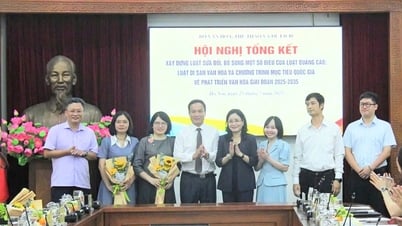

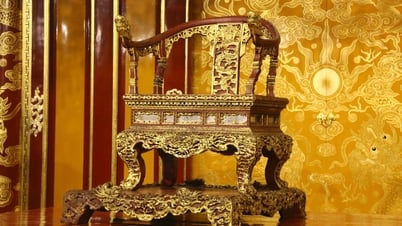

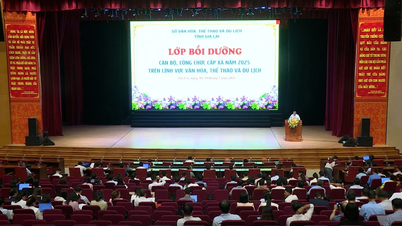

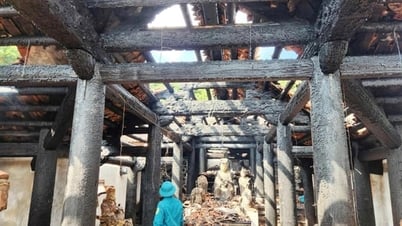









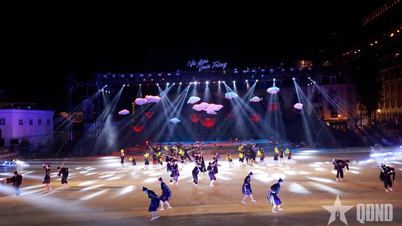

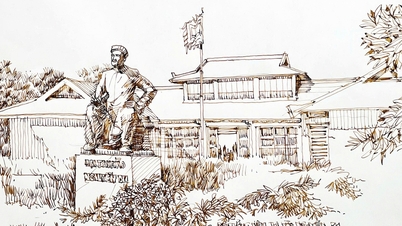










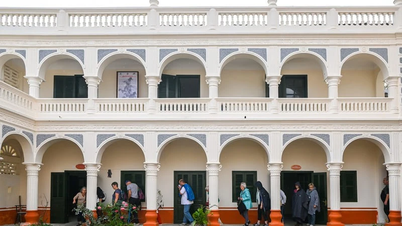


























































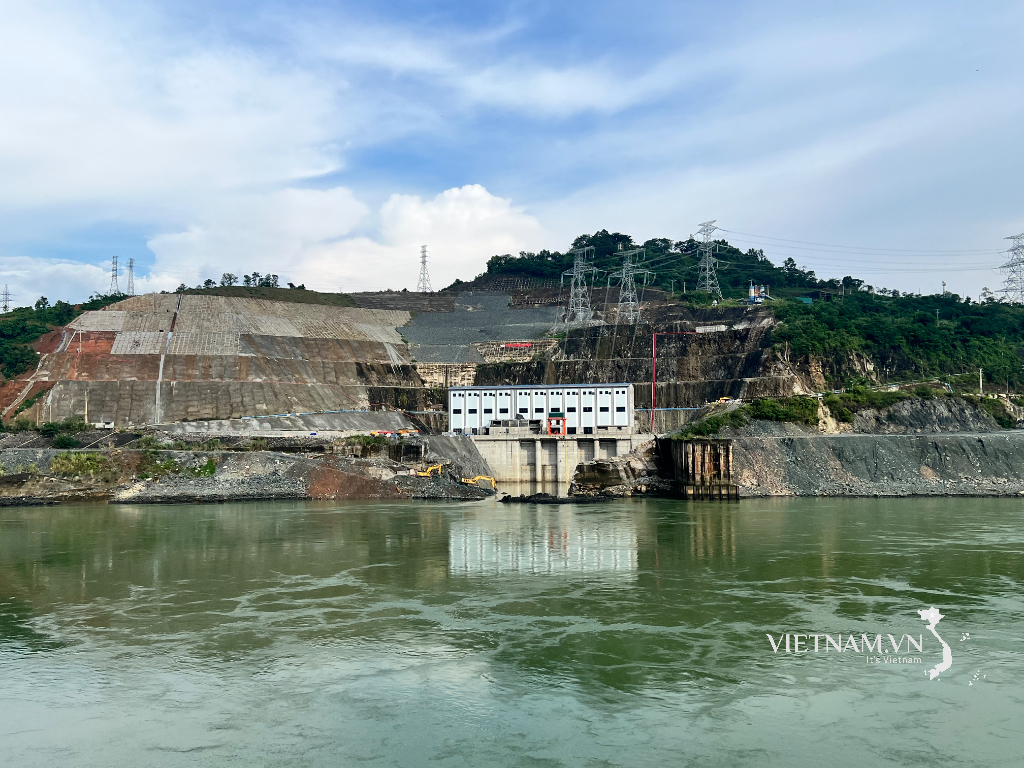

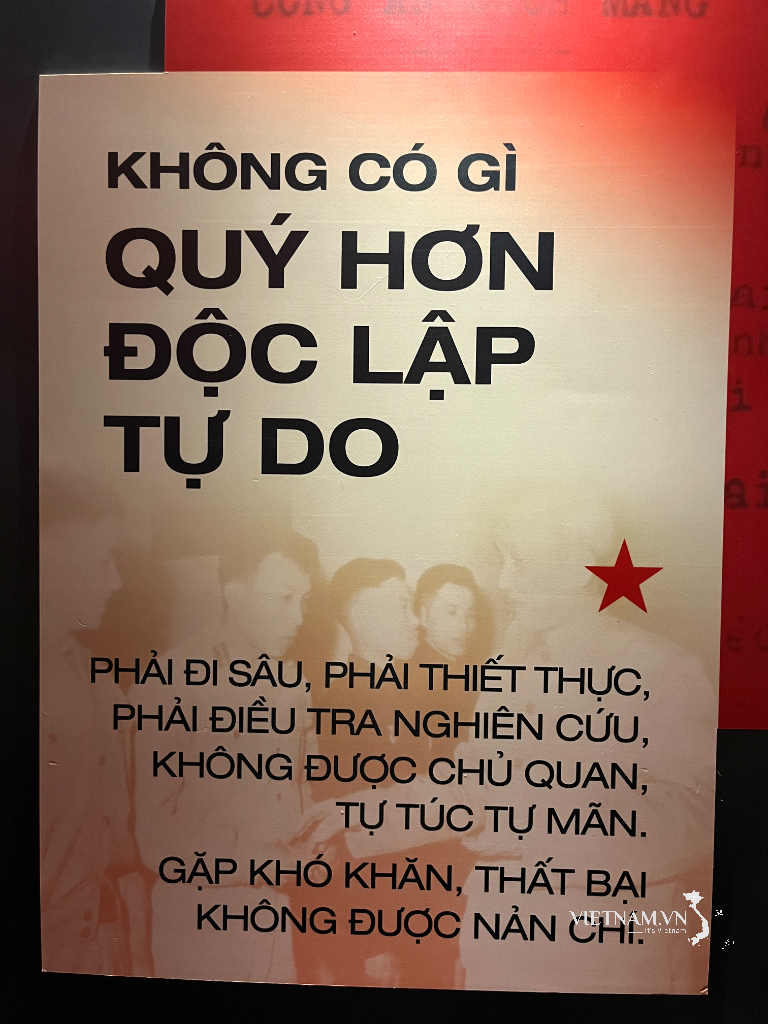
Comment (0)